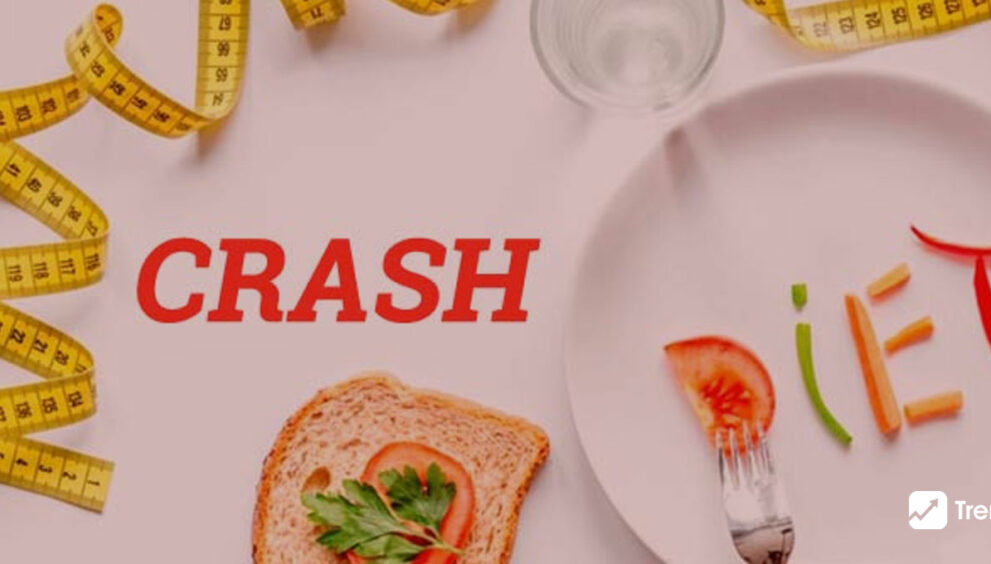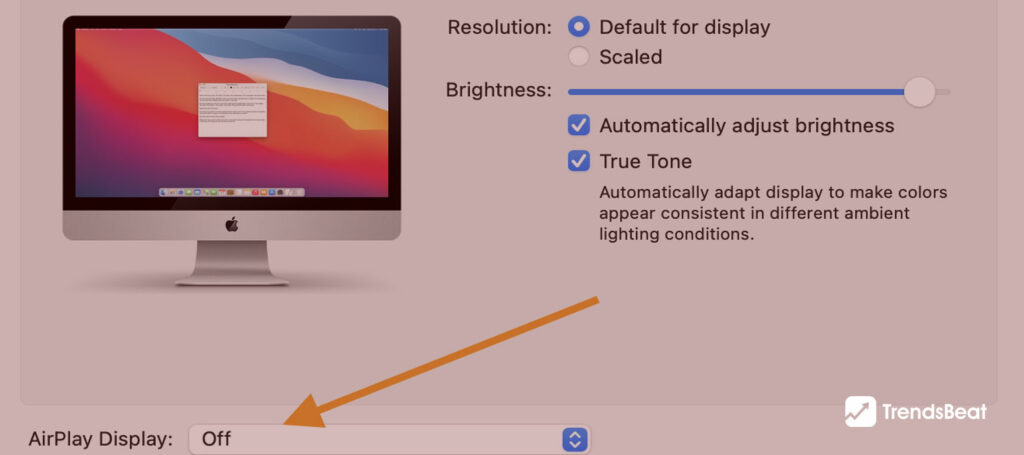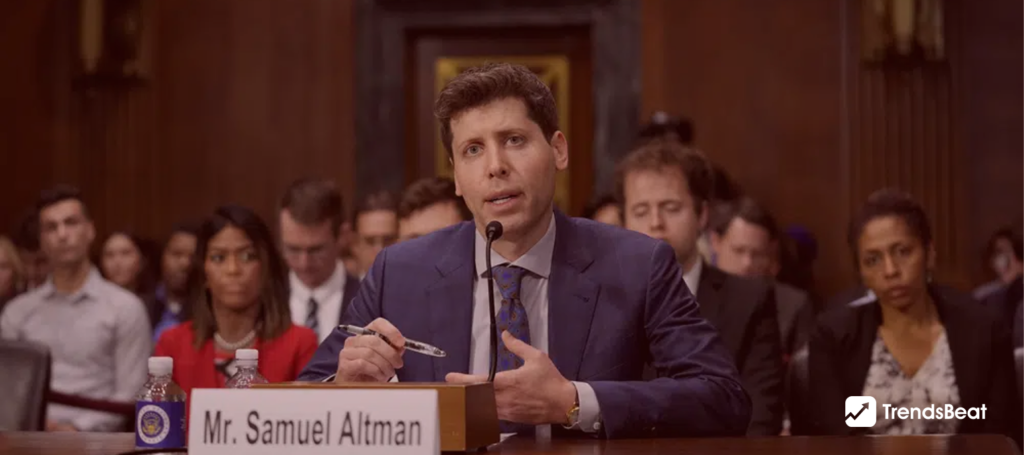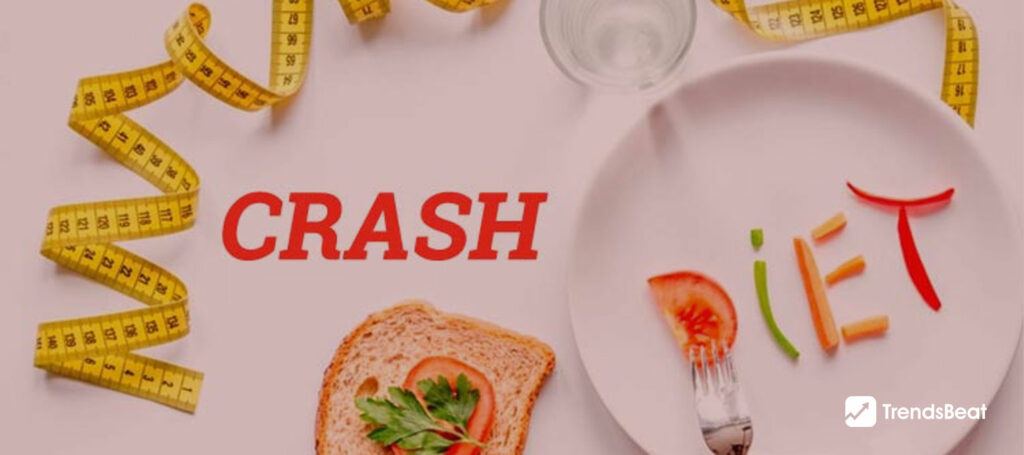The Consequences Of Crash Dieting Before A Big Event!

Many people adhere to diets, either for health reasons or to alter their physical features. A person’s choice of food and quantity is all that is meant by the word “diet.” A balanced diet often consists of meals from several different dietary groups. Diets that are severe, promise quick results, or call on you to cut out a wide variety of foods or food groups are signs that they are unhealthy or kind of a crash dieting. There is some evidence suggesting that crash dieting may be connected to eating disorders like bulimia or anorexia.
Crash dieting provides a shortcut for a problem you might think you have. These diets frequently instruct you to adhere to a strict dietary regimen that is extremely dissimilar from your present diet. Crash diets are frequently marketed by the media and prominent figures. Crash diets, however, are frequently not supported by research, making them dangerous to adhere to. They may also do more harm than good. Extreme diets are crash diets. They often call for you to cut out certain items, and occasionally whole food groupings, from your diet. Due to this, these diets are challenging to follow and even harder to maintain. Crash diets can occasionally even make it difficult for your body to absorb the nutrients it needs to function properly.
What Are The Physical Health Consequences Of Crash Dieting?
It takes serious effort to lose weight. It demands a lot of dedication and endurance. However, the majority of people who want to lose weight want to do so quickly. However, the reality is that you will not be able to drop all the weight you have put on over the years in a matter of weeks. People who are unaware of this and rely on crash diets to reduce weight endanger their health gravely.

When someone tries to lose weight quickly by consuming less than 1,200 calories per day, they risk both their physical and mental health. Most calls about crash diets come from people who have two weeks or a month to get ready for a major event. Because someone they know lost 5 kg in a week, or because they read about it online, they think they can too. Most people are unaware that neither crash dieting is sustainable in the long run, nor do they emphasize lifestyle changes or the value of physical activity in weight loss is sustainable over the long run. These are all short-term treatments for diet problems; long-term solutions are required.
How Does Crash Dieting Lead To Disordered Eating?
Currently, it is not believed that crash dieting directly contributes to eating disorders. But occasionally, following a fad diet might hasten the onset of an eating disorder like anorexia nervosa or bulimia nervosa. In reality, studies have shown that crash dieting frequently triggers eating problems, particularly in teenagers and young adults. For this reason, it’s critical to be aware of the dangers associated with dieting, particularly when it involves trendy eating regimens that have rigorous limits. These diets can have a detrimental long-term effect on one’s mental and physical health if they are not carefully followed or controlled.
Due to its rigid and controlling nature, crash dieting is regarded as a forerunner to eating disorders. We deprive our bodies of what they require when we restrict our eating. Restrictive behavior can lead to starvation and malnutrition, which, on a neurological level, could cause an eating problem.
What Are The Long-term Consequences Of Crash Dieting On One’s Health?
The fact that crash dieting can lower your metabolism and hence have the opposite impact on what you are trying to achieve may be one of the biggest issues. Even while you may lose weight quickly at first, if your metabolism is slowing down, you will simply continue to gain weight in the future. Losing too much weight too quickly can prevent your menstruation from starting or postponing puberty. This may alter the way your hormones function and make getting pregnant later in life more challenging.

It’s especially alarming when a crash diet results in nutritional deficiencies. Your body loses not only calories when you adhere to a restrictive diet for an extended period of time, but also minerals, iron, sodium, potassium, and other crucial elements. Anemia, fractures, or even osteoporosis can result from this deficiency of vital nutrients. Additionally, there is a higher risk of cardiovascular disease when the electrolytes that come from healthy amounts of sodium and potassium are absent. Electrolytes are essential for the control of your heartbeat and muscular movement. Some people suffer despair, anger, or moodiness as well as weariness and low energy when the body is depleted of essential minerals. Crash dieting can lead to a number of problems, including bulimia and anorexia. Long-term risks include liver and renal failure, brain damage, and calcium deficiency, which can lead to osteoporosis.
How Does Crash Dieting Affect Mental Health?
An inadequate diet can cause exhaustion, impede one’s ability to make decisions, and delay one’s response time. Food obsessions are heightened by diets, which emphasize food as good or bad, a reward or a punishment. It rarely emphasizes the nutritional worth of foods and the advantages of controlled eating, and it does not promote appropriate eating habits. Unfulfilled hunger raises the likelihood of mood swings and overeating. Despite consuming enough liquids, restricting eating can cause dehydration and other problems, such as constipation. Chronic hunger and dieting often make unhealthy habits like consuming alcohol or smoking cigarettes worse.
The importance of exercise in weight loss is completely eliminated by crash dieting, which is not good for physical as well as mental health. That’s because working out doesn’t provide immediate fixes; it takes more than a week to see results. Starting with a simple strategy, you can modify it or up the intensity as your progress warrants. Additionally, you need strong muscles and bones for sustained, long-term weight loss, and you can only develop these through exercise.
Final thoughts
Crash dieting could produce the desired results, but there are risks to your health when you consume so few calories. If you’re thinking about going on an extreme diet, be sure you fully comprehend the health dangers and negative impacts of restricting your food intake and calorie intake. Try to give yourself more time with regular, sensible weight loss objectives rather than subjecting yourself to the stress and dangers of a crash diet. You will have a better chance of achieving a more toned and healthy physique over the long term with longer-term lifestyle adjustments while avoiding the stress of depriving yourself of healthy food.















































































![Essential-Cybersecurity-Tips-for-Small-Businesses-[Protect-Your-Data]-TrendsBeat](https://trendsbeat.com/wp-content/uploads/2023/05/Essential-Cybersecurity-Tips-for-Small-Businesses-Protect-Your-Data-feature-image-template-1024x455.jpg)


















![Top Fitness Trends & Workout Routines to Follow [Stay Fit, Stay Healthy]](https://trendsbeat.com/wp-content/uploads/2023/04/feature-image-Top-Fitness-Trends-Workout-Routines-to-Follow-Stay-Fit-Stay-Healthy-1024x455.jpg)










![[Weight Loss Medication Health Effects] Side Effects and Best Advice](https://trendsbeat.com/wp-content/uploads/2023/04/feature-image-Weight-Loss-Medication-Health-Effects-Side-Effects-and-Best-Advice-1024x455.jpg)



